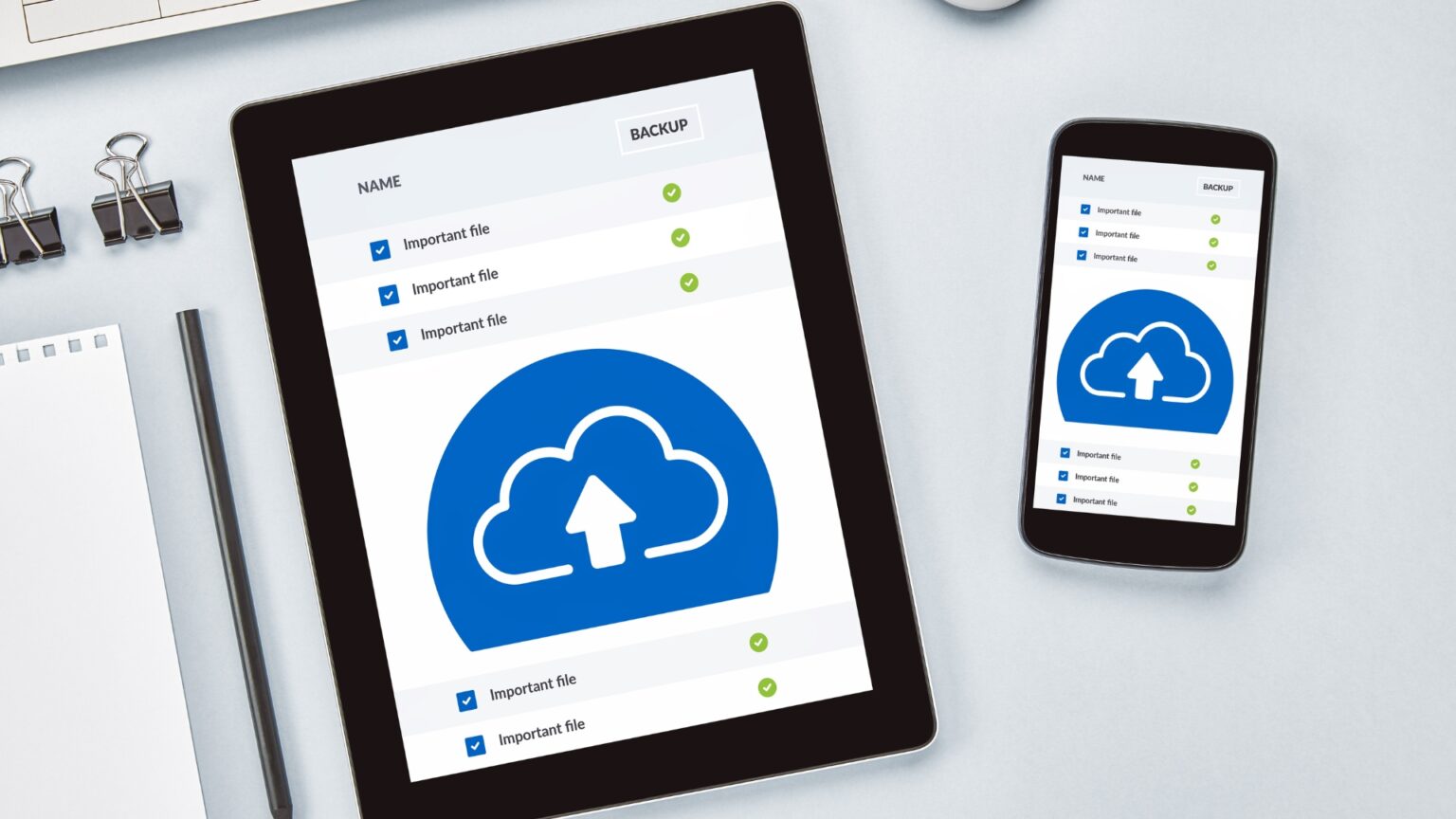There are a lot of discussions around the “Cloud”. But what is the cloud and what does this really mean to the average business? Should you even care? Some say everything should be cloud-based, while others believe it might be overkill for the average small business.
The cloud has transformed the way businesses operate, but understanding its full potential requires a clear grasp of what it is and how it works.
Here are 5 things your business needs to know about the Cloud.
What is The Cloud?
1. What is the Cloud?
The cloud refers to using the internet to access computing services such as storage, software, databases, and servers. Instead of owning and maintaining physical hardware, businesses use resources hosted in remote data centers, which are managed by cloud providers like Amazon Web Services (AWS), Microsoft Azure, and Google Cloud.
Imagine the cloud as a virtual toolbox available anywhere, anytime. These tools can store data, run applications, and support collaboration across different locations.
Businesses no longer need to worry about large upfront investments or managing on-site equipment; they can scale resources up or down based on their needs.
Cloud services fall into three main categories:
- Infrastructure as a Service (IaaS): Access basic computing resources like virtual servers and storage
- Platform as a Service (PaaS): Provides platforms for developers to create, test, and deploy applications
- Software as a Service (SaaS): Offers ready-to-use applications accessible online, like email or customer relationship management (CRM) tools
Things like your personal webmail account with Hotmail, Yahoo, Gmail, and others have been cloud-based for years.
While the cloud has many benefits, businesses can choose different types based on their needs: public clouds (shared by multiple users), private clouds (dedicated to one organization), or hybrid clouds (a mix of both).
2. How the Cloud Reduces Costs
Migrating to the cloud can significantly reduce costs for businesses by eliminating the need for expensive on-premises hardware and ongoing maintenance. The cloud operates on a subscription-based model, where businesses pay only for the resources they use, reducing waste and optimizing budgets.
For example, instead of purchasing servers that may only be partially utilized, businesses can scale their cloud usage based on real-time needs. This flexibility prevents overinvestment and enables startups or small businesses to access enterprise-grade technology without breaking the bank.
3. Scalability and Flexibility
The cloud’s scalability allows businesses to expand or reduce their resources based on demand, making it an ideal solution for fluctuating workloads, or growing businesses that need a solution that can grow alongside them.
For instance, e-commerce companies can handle traffic spikes during the holiday season by temporarily increasing their server capacity, and then scaling down afterward to save costs.
The cloud also supports flexibility, with teams being able to access systems and data from around the globe, supporting remote collaboration.
The scalability of the cloud is nearly limitless, with providers offering vast amounts of virtual computing power and storage. This empowers businesses to innovate and grow without being constrained by their IT infrastructure.
4. How Secure is the Cloud?
Security is a top concern for businesses considering the cloud. Leading cloud providers invest heavily in robust security measures, including data encryption, multi-factor authentication, and continuous monitoring for threats.
These measures often exceed the security levels that many businesses could achieve with on-premises systems.
However, security in the cloud is a shared responsibility. Providers safeguard the infrastructure, while businesses must protect their own accounts and data. Implementing best practices such as strong passwords, regular updates, and employee training can further enhance security.
5. What Are the Cloud’s Limitations?
While the cloud offers plenty of advantages, it’s not without its own unique set of challenges:
- Downtime Risks: Cloud providers can experience outages, disrupting access to critical services. Reliable providers often guarantee high uptime, but no system is immune to failures
- Compliance Complexity: Certain industries have strict data regulations, and ensuring compliance can require tailored configurations or hybrid setups
- Hidden Costs: While cost savings are a significant benefit, mismanaged cloud resources or unoptimized usage can lead to unexpected expenses. Regular audits and usage reviews are essential to avoid these pitfalls
Adopting a hybrid cloud model, which combines on-premises infrastructure with cloud services, can help mitigate some of these challenges.
Cloud FAQs
How much does the cloud cost?
Cloud services are typically delivered as a monthly subscription. Upfront costs are usually less than handling the services internally as there are reduced local hardware requirements. For example, Google Apps is $50 per user per year and Office 365 is $60. Many provide the ability to pay yearly or monthly.
Where is the cloud located?
Cloud servers are located in data centers across the globe. If you need to know the exact location of your cloud services, your provider should be able to give you this information.
What is the cloud used for?
Cloud computing is used for a variety of purposes, including data storage, web hosting, application development, machine learning, big data analysis, disaster recovery, and more.
How does cloud scaling work?
Cloud scaling refers to the ability to adjust computing resources based on demand. Vertical scaling involves increasing the power of existing resources, while horizontal scaling adds more resources (servers) to distribute the load.
How Next7 IT Can Help With Your Cloud Requirements
We have experience guiding clients through the process of selecting Cloud and internal solutions, choosing the right combination that uniquely fits their needs. We’d be happy to do the same for you.
If you’re considering switching to the cloud, why not contact us today to see how we can help make the transition as smooth as possible?




